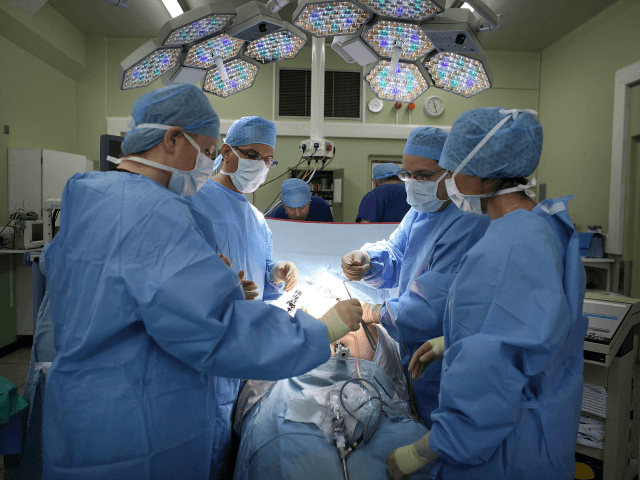The UK government has taken one step further towards bringing into effect an ‘opt-in’ organ donation system which will presume a person is an organ donor in moves that one medical ethicist warns could mean increasing donations by “slight of hand”.
Conservative Government ministers are to go ahead with reformations to organ ‘donation’ laws which they said could increase the availability of organs for transplant by 700 per year, reports the BBC.
The legislation is expected to be brought before the House of Commons when MPs return from recess in Autumn, and if Parliament approves the organ donation law, it will come into effect in England by Spring 2020.
Currently, Wales already operates such a system, Scotland is looking to introduce a similar scheme, and Northern Ireland is also considering it.
The law will mean that unless a person has expressed a wish to not donate their organs, doctors will presume the dead person is a donor.
There will be exceptions — children under 18, those with diminished mental capabilities, and foreigners who have been in the country less than 12 months — and relatives can still override the ‘presumed consent’, if the ‘donor’ has relatives in the first place to object.
Those who do want to opt out will be able to do so by using a National Health Service (NHS) app to be launched at the end of the year.
However, medical ethicist Dr Piers Benn raised several issues arising from the Government legally changing all Britons to presumed organ ‘donors’, saying that it may leave some people feeling “cheated” and “uncomfortable” with what has hitherto been treated as a “gift”.
Dr Benn said the current system respected that “you know what you’re doing and you’re doing it because you want to save someone’s life”, he told Sky News on Sunday.
“The problem with opt-outs is that — while it does save lives — people may not be aware that that is the default assumption. so people will be ‘donating’ their organs without knowing they are doing that.”
Asked by the news anchor whether it would give doctors licence to take your organs, the medical ethicist said: “Sometimes if there is no known wish a doctor can approach relatives and some relatives decide not to donate.
“But the issue really is how do we weigh up the number of lives saved with the need to respect fully the consent of the person who has just died to what happens to their organs.”
Recognising that the 700 additional organs would be available every year under the new system by virtue of being taken by the deceased who may not have expressed a wish to donate when alive, Dr Benn observed that “There is something lost [in this system].
“I don’t say this solves the issue completely as it removes that you know what you’re doing and you’re giving.
“After all, no one has an obligation to save strangers’ lives.”
Asked whether it would make people feel that the government is presuming ownership over there body, the medical ethicist reiterated that you can opt out — but that it was down to a person reading the “small print”.
“You can opt out but you have to be pretty savvy to do so. Of course, the reason why the government have shifted from the opt-in to the opt-out position is to increase donations — which is a good thing, but done in a way which is at risk of being done by slight of hand.”
